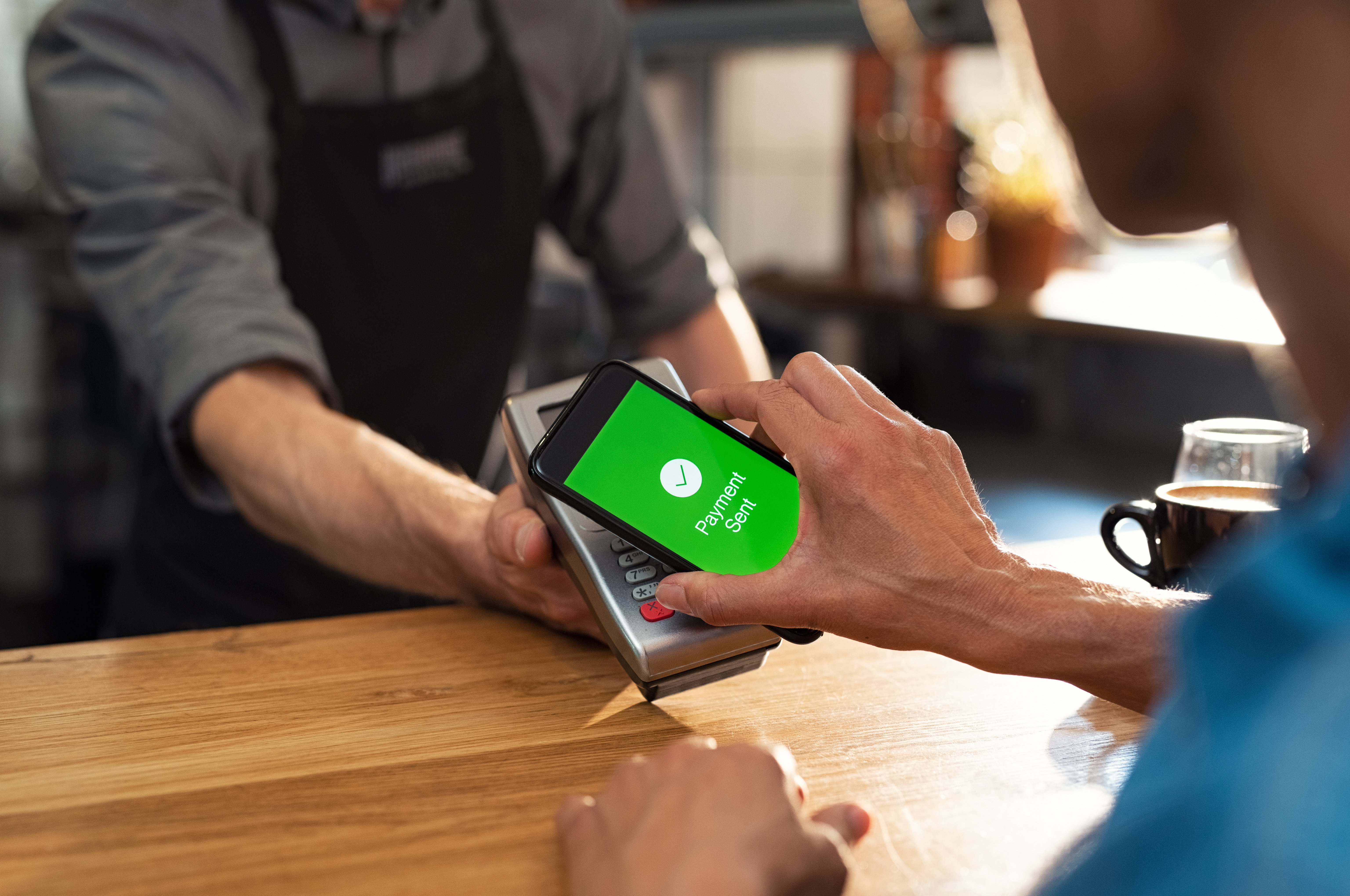Marshall University in Huntington, West Virginia, has implemented mobile identification cards and payments, allowing Apple software users on campus to conduct their business wallet-free.
With the newly installed digital readers on campus, anyone with an iPhone Apple or Watch can use mobile IDs to enter buildings, access dining plans, purchase food and items from the book store and print documents, reports WV News. Regular plastic ID cards are also prone to be lost or stolen.
“We are excited to bring this modern technology to our university community of students, faculty and staff,” said Dr. Edward Aractingi, chief information officer and associate vice president for information technology at Marshall University. “The convenience of having university IDs on iPhone and Apple Watch and the advanced security of Apple Wallet provides significant benefits for improving students’ campus life.”
The Marshall’s IT office can also remotely lock any phones reported stolen by their user if they would rather do that than wait for Apple to do it.
Marshall Univerity is the first educational institution in West Virginia to adopt this technology and one of the first in the country — including the University of Alabama, Duke University and the University of Oklahoma — to offer contactless student ID cards.
“I am proud that Marshall University is a leader in the state in offering our students new technology and convenience on campus,” said Marshall President Jerome A. Gilbert.
Bob Dorado, Marshall Mobile ID Project lead, said this security upgrade has been in the works for a quite a while and it was a matter of making sure all the university-related services would be compatible.
He added that there are 450 locations where the smartphone ID system can work and it is not limited to the Huntington Campus. Users have access to the technology at the Point Pleasant and South Charleston campuses as well.
So far, about 500 people have signed up for the mobile ID system, Aractingi said, but he anticipates the number to go up by the end of the year.
“The word is out, so everyone is talking about it,” he said.
The next step, Aractingi continued, is to make the mobile IDs available for Google Android users as well.













